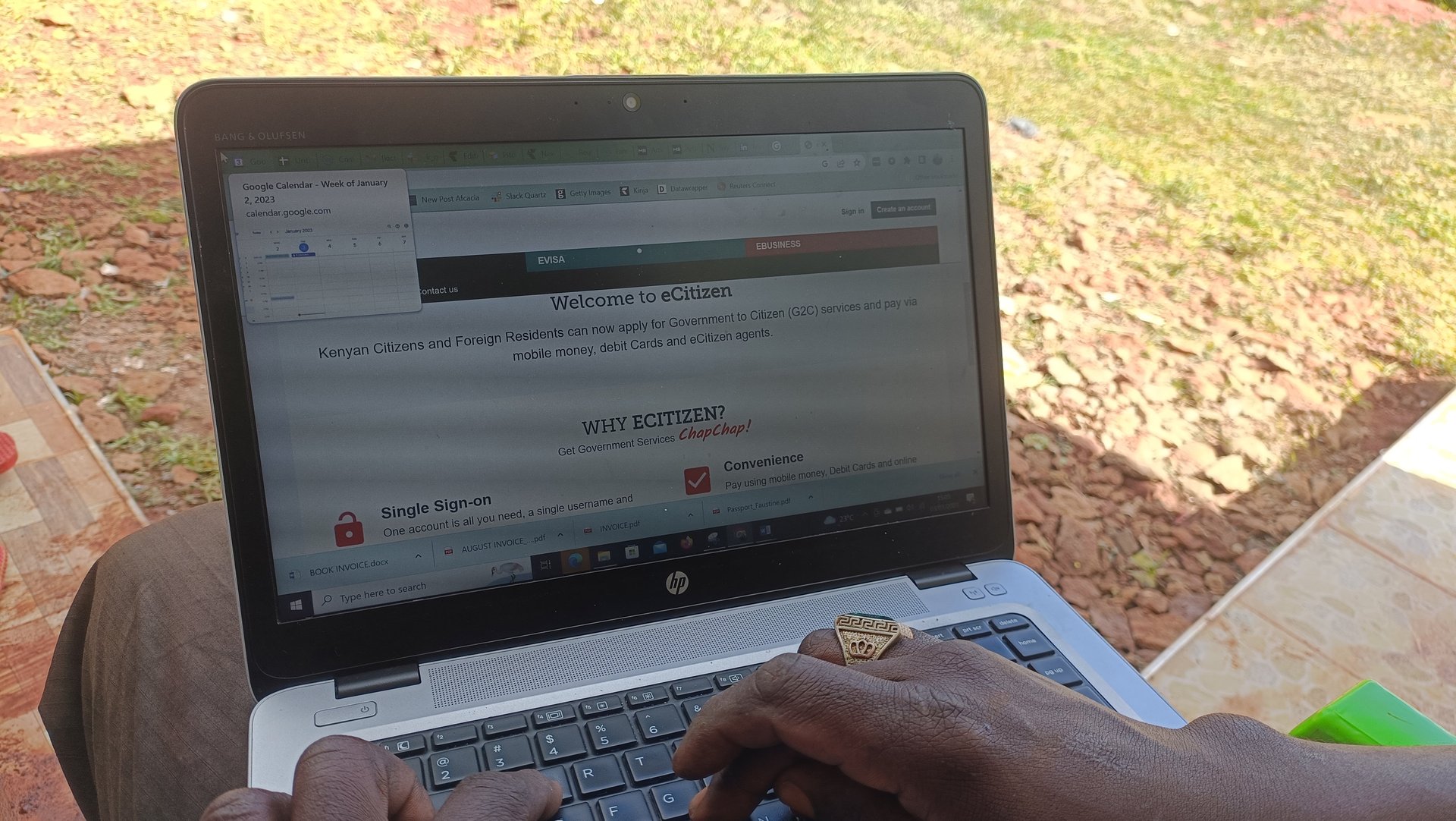Why is Kenya's new digital payments platform so glitchy?
Kenya's eCitizen platform lacks critical features of an efficient government e-service portal.

The new year began with news of enhanced government service delivery in Kenya, with the gazettement of an official digital payments platform for all government services.
Suggested Reading
However, criticism has come in quick from the country’s tech sector on news of making eCitizen—a government portal launched in 2014 to eliminate voluminous paperwork in the access of government services—the official payment method for government services.
Related Content
What is eCitizen?
The platform now allows for the payment of services such as the application of national IDs, passports, driving licenses, visas, business permits, filing of taxes, transfer of property, land rent, and marriage certificates through both banking apps and mobile money. Africa leads the world in mobile money payments with the largest bulk coming from Kenya.
This comes after a Dec. 16 announcement by president William Ruto that all 5,000 government services would be accessible online in the next six months.
Concerned about the government’s decision to make the platform official, tech experts in Kenya said through Nairobi-based public tech policy think tank Kenya ICT Action Network (KICTANet) that the move was not “well thought out.”
“The eCitizen “My Profile” page has not been working and has not been resolved for years on end. There needs to be a two-factor authentication mechanism for added user security,” says Ahmed Maawy, co-founder of Mombasa-based startup AAA Platforms and a member of KICTANet.
According to Maawy, the platform needs better payment integration, convenience in terms of general use, accommodating both domestic and diaspora needs, and adaptability to changing user needs.
Inside eCitizen’s broken system
Most online government services in Kenya always have hitches, with citizens voicing their frustrations over server delays and unavailability of the tax returns portal and the National Transport and Safety Authority (NTSA).
They have also experienced these problems on the eCitizen platform, the biggest one being in 2019 when system outage locked out users.
“[It] seems too many issues are yet to be resolved. For example, there is lack of clarity on the ‘convinience fee’ and its beneficiaries,” says Grace Githaiga, CEO of KICTANet.
Kenya’s government websites have been vulnerable to cyber attackers in recent years, and securing the eCitizen portal has also come under scrutiny. The ministry of Lands had to issue an alert last July over illegal land searches and title deed breaches on the platform. The think tank calls for “credible cyber security.”
Passport applicants on the system have in the past complained of being forced to pay bribes to bypass the long appointment dates available on the eCitizen platform.
Barrack Otieno, a KICTANet member calls for more public participation and implementation of a governance IT model on the platform. “To what extent are we engaging the end users or public on this?” he asks. “The issues can easily be resolved when stakeholder engagement is at the fore, boardroom conversations will only result in more litigation which is not good for anyone.”
Kenyans on Twitter could not help linking the move to eCitizen to the reintroduction of bank to mobile money charges.
There have been disputes in court over the ownership of intellectual property on the platform, and the sharing of millions of dollars of revenue earned through the system. In 2017, Kenya’s treasury denied hiring a firm that had collected over $50 million in government revenue through the portal since 2014.
In 2018, the treasury, Kenya’s biggest telecommunication company Safaricom, and Webmasters Kenya, the firm that developed the eCitizen portal were sued by Goldrock Capital for denying it the right to collect money raised through the platform. The tussle led to poor customer service.
If well implemented, the platform could be a game changer in the access of government services in Kenya given the country’s high smartphone and internet penetration but if the status quo is maintained, it could be another Sisyphean piece of code.